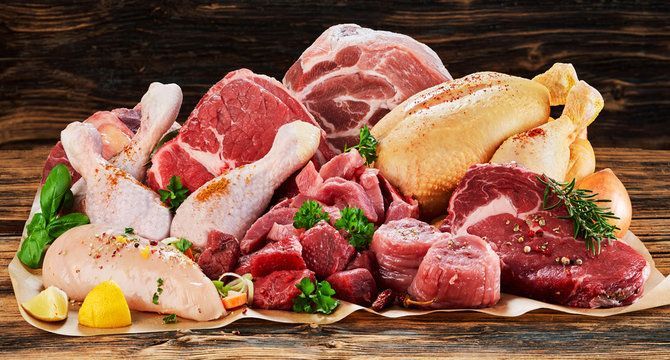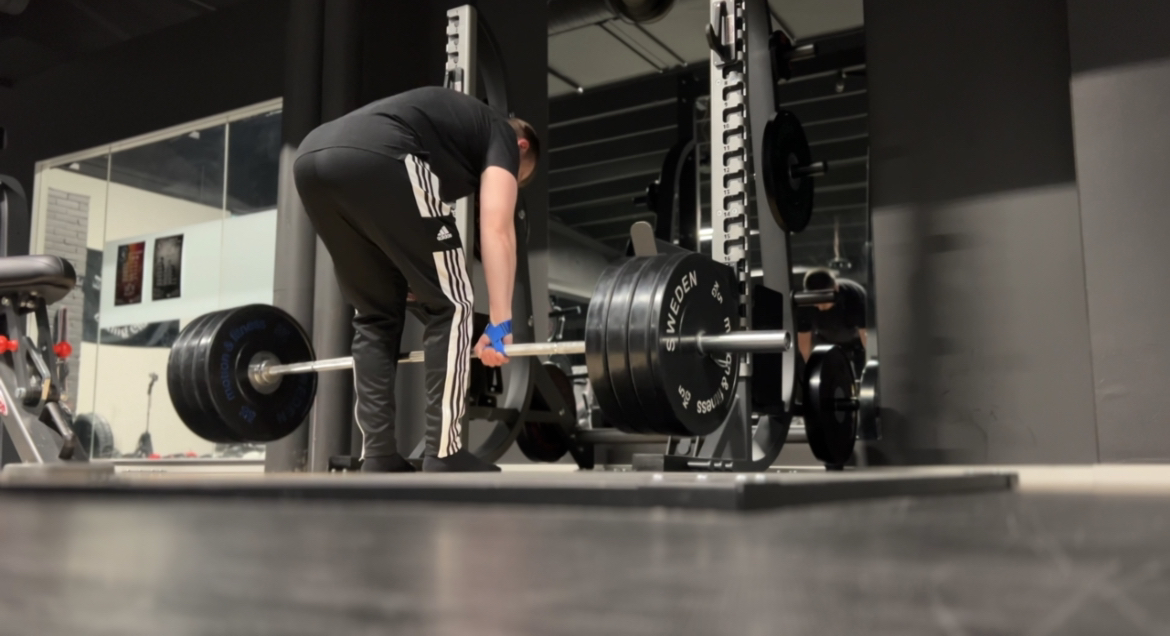5 Common Diet Myths for Building Muscle
Debunking 5 Common Diet Myths for Building Muscle
When it comes to building muscle, diet plays a crucial role alongside strength training. However, numerous myths and misconceptions about muscle-building nutrition can lead to misguided practices and suboptimal results. Understanding the truth behind these diet myths can help you make more informed decisions and optimize your muscle-building efforts. Here, we debunk five common diet myths related to muscle growth.
1. Myth: You Need to Eat a High-Protein Diet to Build Muscle
Reality: While protein is essential for muscle repair and growth, excessively high protein intake is not necessarily better for building muscle. The body can only utilize a certain amount of protein at a time, and consuming excessive amounts does not equate to faster or greater muscle gains. A balanced diet with adequate protein (typically around 1.6 to 2.2 grams per kilogram of body weight per day) along with sufficient carbohydrates and fats is crucial for optimal muscle growth.
Why This Myth Persists: The emphasis on protein comes from its well-established role in muscle repair and growth. However, the belief that more protein is always better can lead to unnecessary dietary extremes.
2. Myth: Carbohydrates Are Bad for Muscle Building
Reality: Carbohydrates are a vital part of a muscle-building diet. They provide the necessary energy for intense workouts and help replenish glycogen stores in muscles post-exercise. Adequate carbohydrate intake is essential for maintaining energy levels and optimizing recovery. In fact, consuming complex carbohydrates can support sustained energy and improve overall workout performance, which is crucial for muscle growth.
Why This Myth Persists: Carbs have been demonized in various fad diets, leading to confusion about their role in muscle building. However, carbohydrates are crucial for fueling workouts and aiding recovery.
3. Myth: Eating Late at Night Will Make You Gain Weight
Reality: The timing of your meals is less important than the overall quality and quantity of your diet. Eating late at night does not inherently lead to weight gain or prevent muscle growth. What matters is your total calorie intake and nutrient balance throughout the day. If your nighttime meal fits within your daily caloric needs and provides essential nutrients, it will not negatively impact muscle-building efforts.
Why This Myth Persists: This myth stems from the belief that metabolism slows down at night. However, weight gain is primarily a result of consuming more calories than you expend, not the timing of meals.
4. Myth: You Should Avoid Fats When Trying to Build Muscle
Reality: Fats are an essential part of a balanced diet and play a crucial role in hormone production, including hormones like testosterone that are important for muscle growth. Healthy fats from sources like avocados, nuts, seeds, and olive oil can support overall health and contribute to a well-rounded diet. Avoiding fats can lead to hormonal imbalances and negatively affect muscle-building progress.
Why This Myth Persists: Low-fat diets and fat-phobia have been prevalent in the past, leading to the misconception that fats should be avoided entirely. However, healthy fats are necessary for optimal body function.
5. Myth: Supplements Are Essential for Muscle Growth
Reality: While some supplements can support muscle growth and recovery, they are not essential for building muscle. A well-rounded diet that includes adequate protein, carbohydrates, fats, and micronutrients should be the foundation of your nutrition plan. Supplements such as protein powders, creatine, and branched-chain amino acids (BCAAs) can be beneficial, but they should complement a solid diet rather than replace it.
Why This Myth Persists: The supplement industry often promotes products as essential for muscle growth, leading to the belief that they are necessary for achieving results. However, a balanced diet and effective training are the primary drivers of muscle gain.
Conclusion
Understanding and debunking these diet myths can help you approach muscle building with a more effective and balanced strategy. By focusing on a well-rounded diet that includes adequate protein, carbohydrates, fats, and overall caloric intake, you can optimize your muscle-building efforts. Remember, nutrition is just one piece of the puzzle; combining a solid diet with consistent strength training and proper recovery will lead to the best results. Stay informed, be mindful of dietary practices, and enjoy the journey of building muscle with a clear understanding of what truly works.











